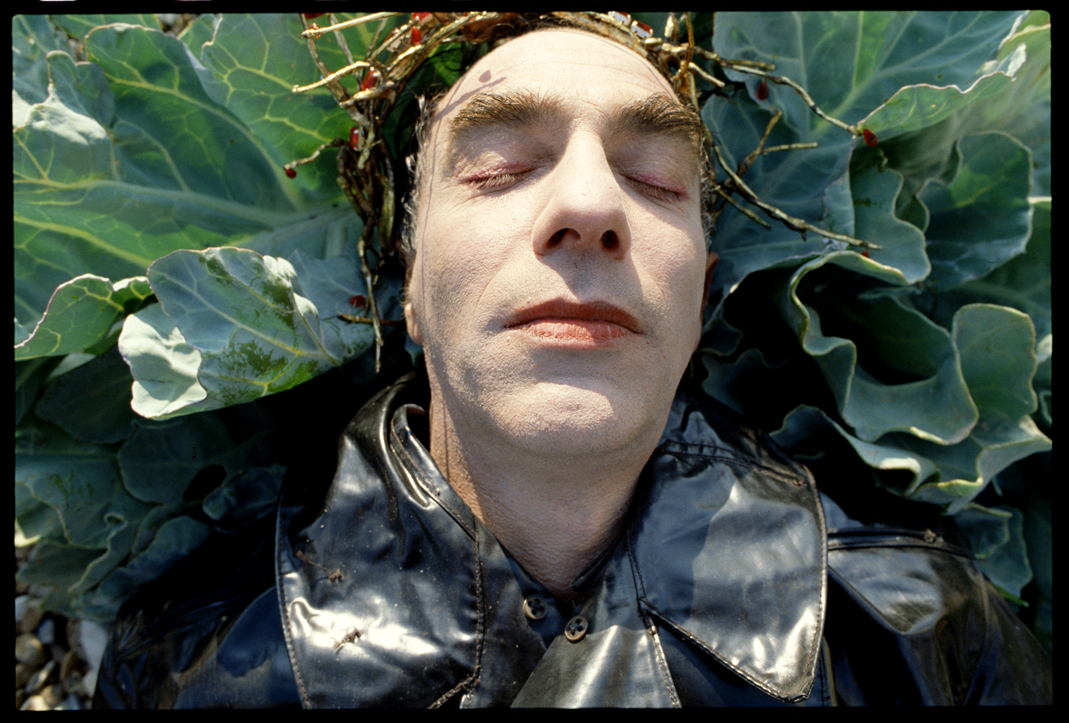Access upon presentation of the exhibition ticket
Artist, director, screenwriter, musician, actor, and gay rights activist Derek Jarman (1942–1994) is one of the figures who left his mark on British punk and European culture. In 1986, he bought “Prospect Cottage”, an old fisher-man's cottage built on a pebble beach in Dungeness, on the southern coast of Kent, between the English Channel and the mouth of the Thames.
This headland at the very southeastern point of England is a hostile land, subject to the scorch of sun and sea spray. The presence of a nuclear power plant and the buried remains of WWII won over the eccentric filmmaker, who saw this desolation as a challenge to survival. The vegetation he decide to plant there included tough endemic species suited to these trying conditions: gorse, red valerian, santolina, Mediterranean strawflower, California poppy, sea kale, thistle, lavender, broom-flower, sage, and aromatic herbs. This resilient flora contrasted with the artist who, afflicted with AIDS, saw his own immune system fall apart. “The garden acted as a therapy and a pharmacopoeia for me,” he confided in his journal Modern Nature as he described the attention he paid to it each day. In his 1991 film The Garden, some of the shots filmed in his garden transform it into an initiate's Garden of Eden. Unlike the eighteenth-century art of the English garden –even though Jarman was inspired by painting, especially Constable and the English landscape painters– “Prospect Cottage” became a pleasure garden that, imbued with the sunny appearances by his friend and muse Tilda Swinton, acquired the aura of a sanctuary. His parterres of circular rock formations were a recreation in miniature of England’s megalithic sites. Stuck into the ground, the stakes and crosspieces used as trainers for the plants also evoke funerary steles.
Jarman buried some reels of his films there. With his grim sense of humour, all too aware of what lay ahead, he christened his final slice of heaven “Prospect Cottage”, a union of anarchy and romanticism, weeds and enchanting blooms, and shadows and light in a chia-roscuro that evoked the paintings of Caravaggio, about whom he had made a film.
He wrote: “The world paradise is derived from ancient Persian ‘a green place’. Paradise haunts gardens, and some gardens are paradises. Mine is one of them. “[…] O Paradise, my garden dressed in light, you dissolve in the night”.
Tacita Dean was actively involved in preserving this site after Derek Jarman's death.
